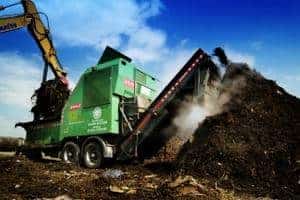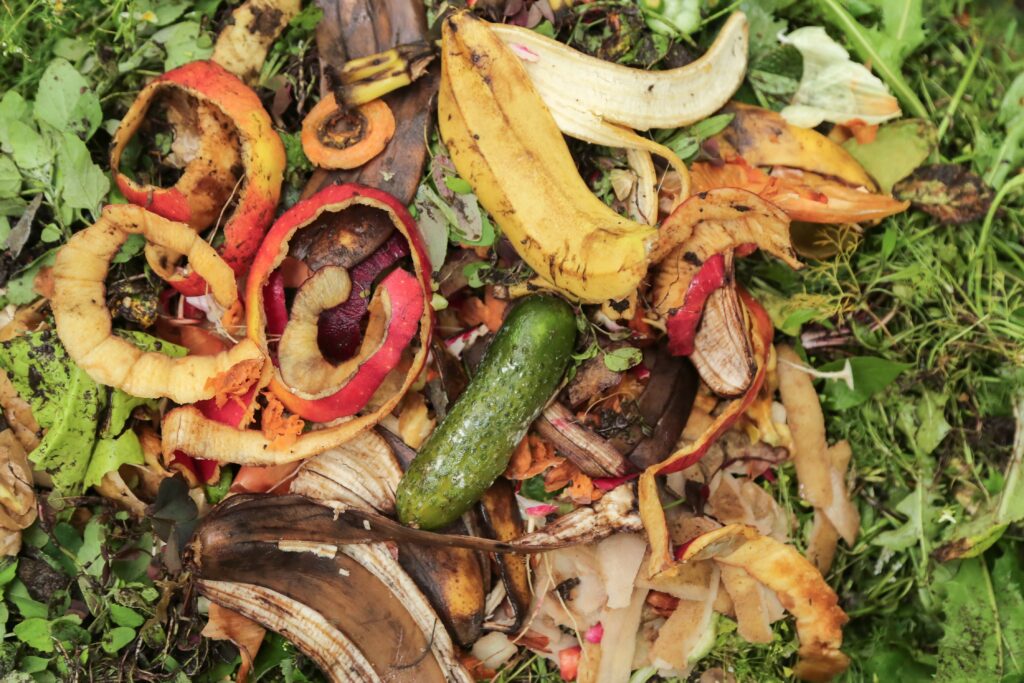In June this year, AfOR called on councils to improve the quality of biowaste they collect (see letsrecycle.com story) in order to enable their composters to meet the PAS 100 standard and ensure it will count towards their recycling targets. One of the main ways it said this could be done was by removing paper and card which is often laminated and contains contaminants – from the mix.

And, while many councils have since heeded this message and made efforts to remove paper and card from their green waste collections, some have suggested to householders that they have been forced to comply due to a change in AfOR standards or a change in regulations(see letsrecycle.com story).
Now, AfOR is seeking to clarify exactly why the changes are needed and is urging councils to tell its residents that there are environmental benefits.
In a statement issued earlier this week, it said: There has not been a change in regulations. The governments policies relevant to biowaste encourage local authorities to collect organic wastes that can be converted into high quality composts meeting the British Standard Institutions Publically Available Specification for composted materials (PAS100). What has changed is PAS 100s upper limits for physical contaminants and plastics in compost have been made more stringent. These changes have been driven by demands from markets for high quality composts.
Users of compost want to be confident that they compost they use will not damage the environment, animals and our food supply chain; they want reassurance that it is safe and beneficial to use.
AfOR also pointed out that the PAS 100 was not an AfOR standard, but a specification published by the BSI after consultation with the composting industry and other stakeholders, such as growing media manufacturers and food assurance schemes.
Beneficial
AfOR instead suggested that councils communicated a more positive message, such as: To help us turn the waste collected in your organic bin into high quality compost, please do not put in any paper and cardboard. Compost needs to be high quality so that it is safe and beneficial to use.
AfOR managing director Jeremy Jacobs said: What has changed is that the physical contamination limits have now become more stringent. Users of compost want reassurance that it is safe and beneficial to use. It is important that compost does not contain any more pieces of physical contaminant and plastic than PAS 100 allows, or preferably none at all.
Local authorities can refer to the AfOR website for further advice, which includes information for householders and further technical information about paper and organics recycling.






Subscribe for free